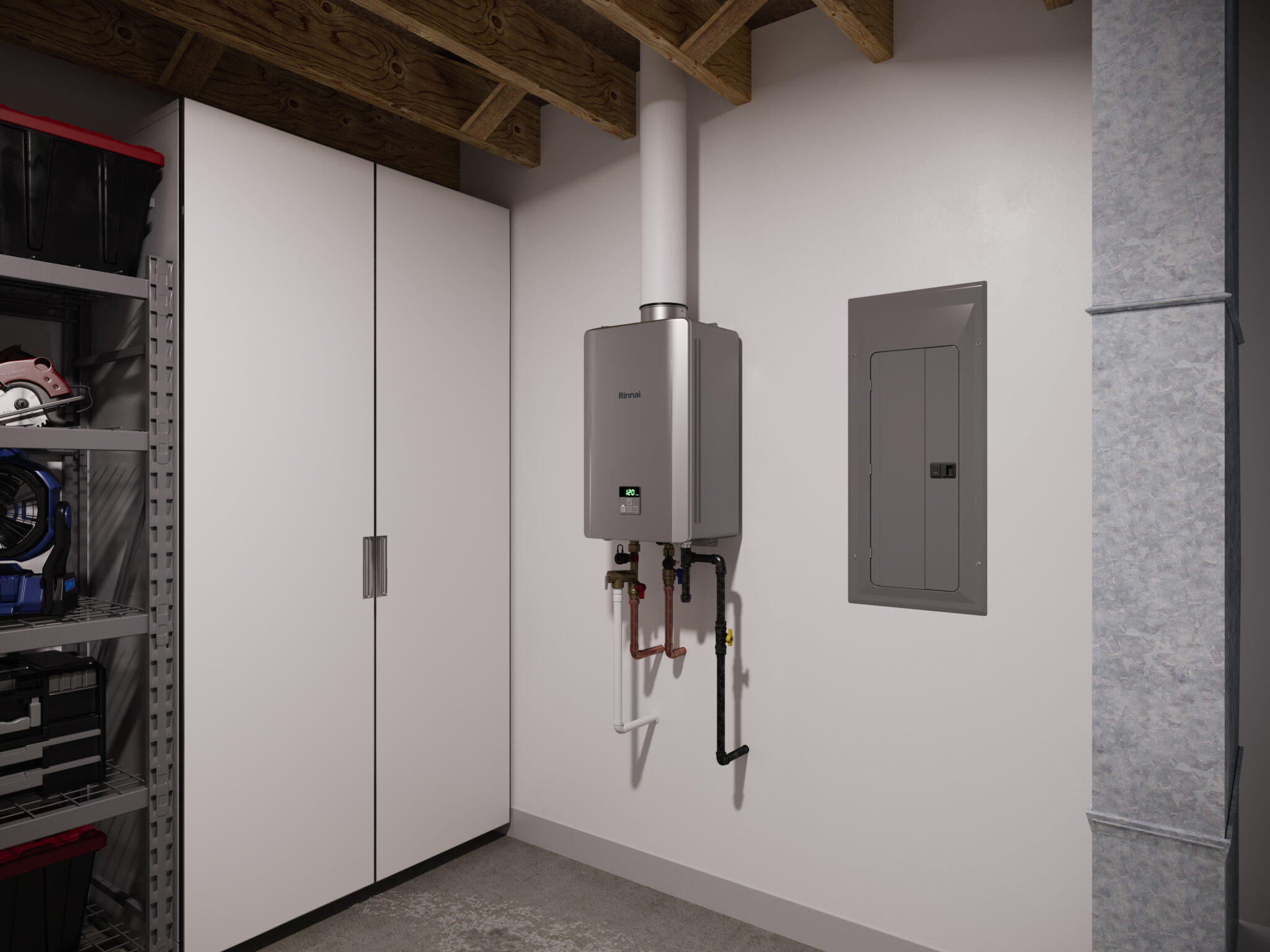

Articles
How Long Does A Tankless Water Heater Last
Modified: February 22, 2024
Discover how long a tankless water heater can last with this informative article. Learn the key factors that impact their lifespan and make an informed decision for your home.
(Many of the links in this article redirect to a specific reviewed product. Your purchase of these products through affiliate links helps to generate commission for Storables.com, at no extra cost. Learn more)
Introduction
Welcome to the world of tankless water heaters! If you’re contemplating replacing your traditional water heater or installing a brand new system, you may be wondering how long a tankless water heater can last. Understanding the lifespan of this innovative heating technology can help you make an informed decision and ensure you get the most out of your investment.
Tankless water heaters, also known as on-demand water heaters, have gained popularity due to their energy efficiency, space-saving design, and continuous supply of hot water. Instead of storing hot water in a tank, these systems heat the water directly as it flows through the unit, providing hot water instantly whenever you need it.
However, like any appliance, a tankless water heater has a limited lifespan. Several factors can impact how long your tankless water heater will last, including usage patterns, water quality, maintenance practices, and the quality of the unit itself. By understanding these factors and taking certain precautions, you can help extend the lifespan of your tankless water heater and enjoy a reliable supply of hot water for years to come.
In this article, we will explore the average lifespan of tankless water heaters, the factors that affect their durability, and how to determine if it’s time to replace your unit. Additionally, we will provide some tips on how to maintain and prolong the lifespan of your tankless water heater.
Key Takeaways:
- Tankless water heaters can last 15-20 years with proper maintenance and care. Factors affecting lifespan include water quality, usage patterns, and installation quality. Regular maintenance and monitoring can extend the heater’s longevity.
- Signs it’s time to replace your tankless water heater include inconsistent hot water, increased energy costs, frequent repairs, and water leaks. Proper maintenance, monitoring water quality, and addressing issues promptly can extend the unit’s lifespan.
Read more: How Does Tankless Water Heater Work
Understanding Tankless Water Heaters
Tankless water heaters provide a modern and efficient solution for heating your water. Unlike traditional storage tank water heaters, which continuously heat and store large amounts of water, tankless water heaters only heat water as it is needed. This on-demand heating method offers several advantages.
One key advantage of tankless water heaters is their energy efficiency. Since they only heat water when it’s needed, there is no energy wasted reheating water that has cooled down in a storage tank. This can result in significant energy savings over time, reducing your utility bills and lowering your carbon footprint.
Another advantage is the space-saving design. Tankless water heaters are compact and can be mounted on walls or installed in small spaces such as closets or utility rooms. This frees up valuable floor space in your home compared to bulky storage tank water heaters.
Tankless water heaters also provide a continuous supply of hot water. With traditional water heaters, there is a finite amount of hot water available before the tank needs time to refill and reheat. This often leads to cold showers or waiting periods between hot water usage. With a tankless water heater, you can enjoy a steady and endless supply of hot water, meeting the demands of multiple showers, laundry, and other hot water needs simultaneously.
It’s important to note that tankless water heaters come in different sizes and capacities. The right size for your home depends on factors such as the number of bathrooms, people living in your household, and your hot water usage patterns. Consulting with a professional plumber or water heater installer can help determine the appropriate size for your needs.
Overall, tankless water heaters offer a more efficient, space-saving, and continuous hot water solution compared to traditional storage tank water heaters. Understanding the benefits of this technology can help you make an informed decision when choosing a water heating system that suits your needs.
Factors Affecting the Lifespan of a Tankless Water Heater
While tankless water heaters are known for their durability, there are several factors that can impact the lifespan of these systems. Understanding these factors can help you maximize the longevity of your tankless water heater and avoid unexpected breakdowns or replacements.
1. Water Quality: The quality of the water running through your tankless water heater can have a significant impact on its lifespan. Hard water, which contains high levels of minerals such as calcium and magnesium, can cause mineral buildup inside the unit. This buildup can lead to reduced efficiency and eventually cause damage to the heating elements. Installing a water softener or using a descaling agent regularly can help prevent mineral buildup and protect your tankless water heater.
2. Maintenance: Regular maintenance is essential for the proper functioning and longevity of your tankless water heater. Follow the manufacturer’s recommendations for maintenance tasks such as flushing the system, checking for leaks, and inspecting the heating elements. Routine maintenance helps remove any accumulated debris or sediment, improves energy efficiency, and reduces the risk of malfunctions.
3. Installation: The quality of the installation can impact the lifespan of your tankless water heater. Improper installation can lead to performance issues, leaks, and potential damage to the unit. It’s crucial to hire a professional plumber or certified installer experienced in tankless water heater installations to ensure it is done correctly and meets all building codes and manufacturer specifications.
4. Usage Patterns: The frequency and intensity of water usage can affect the lifespan of your tankless water heater. If you have a large household with high hot water demands, your tankless water heater may be working harder and more frequently, potentially reducing its lifespan. Consider opting for a larger capacity unit or installing multiple units if your hot water usage exceeds the recommended capacity of a single unit.
5. Environmental Conditions: The environment in which your tankless water heater operates can also influence its lifespan. Extreme temperatures, exposure to corrosive chemicals, or poor ventilation can impact the performance and durability of the unit. Ensure that your tankless water heater is installed in a suitable location with proper ventilation and protection from harsh environmental conditions.
By understanding and addressing these factors, you can optimize the lifespan of your tankless water heater and enjoy its benefits for many years. Regular maintenance, appropriate installation, and monitoring water quality are crucial steps to ensure the longevity and efficiency of your tankless water heater.
Average Lifespan of Tankless Water Heaters
The average lifespan of a tankless water heater largely depends on various factors, including the quality of the unit, maintenance practices, usage patterns, and water quality. However, on average, a well-maintained tankless water heater can last between 15 to 20 years.
It’s important to note that this estimate is based on general guidelines and can vary depending on the brand, model, and individual circumstances. Some tankless water heaters may last even longer if they are properly maintained and used within their recommended capacity.
The quality of the tankless water heater plays a significant role in its lifespan. Investing in a high-quality unit from a reputable manufacturer can ensure better durability and longevity. While these may come at a higher upfront cost, they often provide better performance, energy efficiency, and longer warranties, which can be indicative of their expected lifespan.
Maintenance is another crucial factor in extending the lifespan of your tankless water heater. Regular maintenance tasks, such as flushing the system, inspecting for leaks, and removing mineral buildup, can help prevent malfunctions and ensure optimal performance. Following the manufacturer’s maintenance guidelines and scheduling professional inspections can help identify potential issues early on and address them before they cause significant damage.
Usage patterns also impact the longevity of a tankless water heater. Units that undergo heavy use, such as in households with large families or commercial settings, may experience more wear and tear and may require more frequent maintenance or replacement. On the other hand, units in homes with lower hot water demands may have a longer lifespan due to less strain on the system.
Water quality can also affect the lifespan of a tankless water heater. Hard water, which contains high levels of minerals, can cause mineral buildup and scale inside the unit. Over time, this can lead to reduced efficiency and potentially damage the heating elements. Using a water softener or regular descaling treatments can help mitigate these issues and prolong the lifespan of your tankless water heater.
Ultimately, while the average lifespan of a tankless water heater is around 15 to 20 years, proper maintenance, quality of the unit, usage patterns, and water quality are significant factors that can influence its actual lifespan. By taking proactive measures to care for your tankless water heater, you can ensure it continues to operate efficiently and reliably for many years.
Tankless water heaters can last up to 20 years with proper maintenance. Flushing the system annually can help extend its lifespan.
Signs It’s Time to Replace Your Tankless Water Heater
While tankless water heaters are known for their durability, there comes a time when you may need to replace your unit. Recognizing the signs of a failing or underperforming tankless water heater can help you avoid sudden breakdowns and ensure the continuous supply of hot water in your home.
- Inconsistent or Insufficient Hot Water: If you notice a decrease in the amount or temperature of hot water flowing from your taps, it may be a sign that your tankless water heater is no longer functioning efficiently. Over time, mineral buildup, component wear, or other issues can impact the heater’s ability to heat water adequately.
- Age of the Unit: While tankless water heaters have a longer lifespan than traditional storage tank heaters, they are not immune to wear and tear. If your tankless water heater is approaching or exceeding its expected lifespan (typically 15 to 20 years), it may be more prone to malfunctions and may not operate as efficiently as it once did.
- Increase in Energy Costs: A sudden rise in your energy bills without a significant change in your household’s hot water usage can point to an inefficient or failing tankless water heater. As components age or become less efficient, the heater may require more energy to provide hot water, resulting in increased energy consumption and higher utility bills.
- Frequent Repairs: If you find yourself calling for repairs more frequently, it may be an indication that your tankless water heater is reaching the end of its lifespan or has significant underlying issues. Continuously repairing an aging unit can become costly and may not guarantee its long-term reliability.
- Water Leaks: Any signs of water leakage, whether from the unit itself or from the associated plumbing connections, should not be ignored. Leaks can indicate deteriorating seals, faulty valves, or other internal issues. If left unaddressed, leaks can cause water damage to your home and potentially lead to more significant problems.
If you notice any of these signs, it’s advisable to consult with a professional plumber or water heater specialist to assess the condition of your tankless water heater. They can conduct a thorough inspection, diagnose the problem, and advise you on whether it’s time to replace the unit.
Keep in mind that it’s generally more cost-effective to replace a failing or outdated tankless water heater rather than continuously investing in repairs or enduring reduced performance. Installing a new, energy-efficient unit can provide better performance, lower energy bills, and peace of mind knowing you have a reliable source of hot water.
Remember, regular maintenance and being attentive to the signs of a failing tankless water heater can help you avoid sudden breakdowns and ensure your household’s hot water needs are met consistently.
Read more: How To Choose A Tankless Water Heater
Extending the Lifespan of Your Tankless Water Heater
While tankless water heaters typically have a longer lifespan than traditional storage tank heaters, there are steps you can take to further extend their longevity. Proper maintenance and care can help ensure optimal performance and efficiency, saving you money on repairs and replacement costs in the long run.
- Follow Manufacturer’s Maintenance Guidelines: Familiarize yourself with the maintenance recommendations provided by the manufacturer of your tankless water heater. Regular maintenance tasks may include flushing the system, checking for leaks, inspecting and cleaning the heating elements, and removing mineral buildup. Adhering to these guidelines will help keep your unit operating smoothly and prevent issues that could shorten its lifespan.
- Monitor Water Quality: Pay attention to the quality of the water running through your tankless water heater. Hard water, which contains high levels of minerals like calcium and magnesium, can lead to mineral buildup and scaling inside the unit. This can decrease the heater’s efficiency and potentially damage its components. Consider installing a water softener or using descaling agents periodically to minimize mineral deposits and prolong the lifespan of your tankless water heater.
- Ensure Proper Ventilation: Proper ventilation is essential for the performance and longevity of your tankless water heater. Make sure that the area where your unit is installed has adequate airflow and ventilation. Blocked vents or insufficient air circulation can cause the unit to overheat, potentially leading to mechanical failures and decreased lifespan.
- Don’t Overload Your System: Consider the hot water demands of your household and ensure that your tankless water heater is appropriately sized. If you consistently require more hot water than your unit can supply, it may result in increased strain on the system and premature wear and tear. Consult with a professional to determine the right capacity for your needs and consider installing multiple units or a larger model if necessary.
- Address Issues Promptly: If you notice any signs of problems with your tankless water heater, such as inconsistent hot water, leaks, or unusual noises, address them promptly. Ignoring these issues can lead to more significant damage and a shorter lifespan for your unit. Contact a qualified plumber or water heater specialist to diagnose and resolve the problem before it escalates.
- Professional Inspections: Schedule regular professional inspections of your tankless water heater to ensure that it is in proper working condition. A trained technician can identify potential issues and perform any necessary maintenance or repairs to keep your unit functioning optimally.
By following these guidelines, you can maximize the lifespan of your tankless water heater and enjoy its benefits for many years. Regular maintenance, monitoring water quality, ensuring proper ventilation, sizing the system correctly, promptly addressing issues, and scheduling professional inspections are all integral to extending the lifespan of your tankless water heater.
Remember that a well-maintained and properly cared for tankless water heater can provide consistent hot water, energy efficiency, and savings in the long run. Investing time and effort into maintaining and extending the lifespan of your tankless water heater is a worthwhile endeavor.
Conclusion
Tankless water heaters offer a modern and efficient solution for providing hot water in homes and commercial spaces. Understanding the lifespan of a tankless water heater and taking steps to maximize its longevity is essential for making a wise investment and enjoying a continuous supply of hot water.
Throughout this article, we have explored the average lifespan of tankless water heaters, the factors that can affect their durability, signs that indicate it’s time for a replacement, and methods to extend their lifespan. By considering these factors and implementing proper maintenance and care, you can ensure your tankless water heater operates efficiently for years to come.
Remember, regular maintenance tasks such as flushing the system, monitoring water quality, ensuring proper ventilation, and promptly addressing any issues that arise are critical for extending the lifespan of your tankless water heater. Additionally, following manufacturer’s guidelines, sizing the unit correctly, and scheduling professional inspections can help prolong its durability and optimize performance.
When your tankless water heater begins to show signs of aging, such as inconsistent hot water, increased energy costs, frequent repairs, or leaks, it may be time to consider a replacement. Installing a new, energy-efficient unit can provide better performance, improved energy savings, and peace of mind knowing that you have a reliable source of hot water.
By understanding the lifespan of tankless water heaters and taking proactive measures to care for and maintain your unit, you can enjoy the benefits of continuous hot water while maximizing its longevity and reducing the need for costly repairs or replacements.
Consulting with a professional plumber or water heater specialist can provide specific guidance based on your unique circumstances and hot water usage patterns. They can help you choose the right tankless water heater and provide expert advice on maintenance practices to ensure your system remains in excellent working condition for years to come.
Frequently Asked Questions about How Long Does A Tankless Water Heater Last
Was this page helpful?
At Storables.com, we guarantee accurate and reliable information. Our content, validated by Expert Board Contributors, is crafted following stringent Editorial Policies. We're committed to providing you with well-researched, expert-backed insights for all your informational needs.
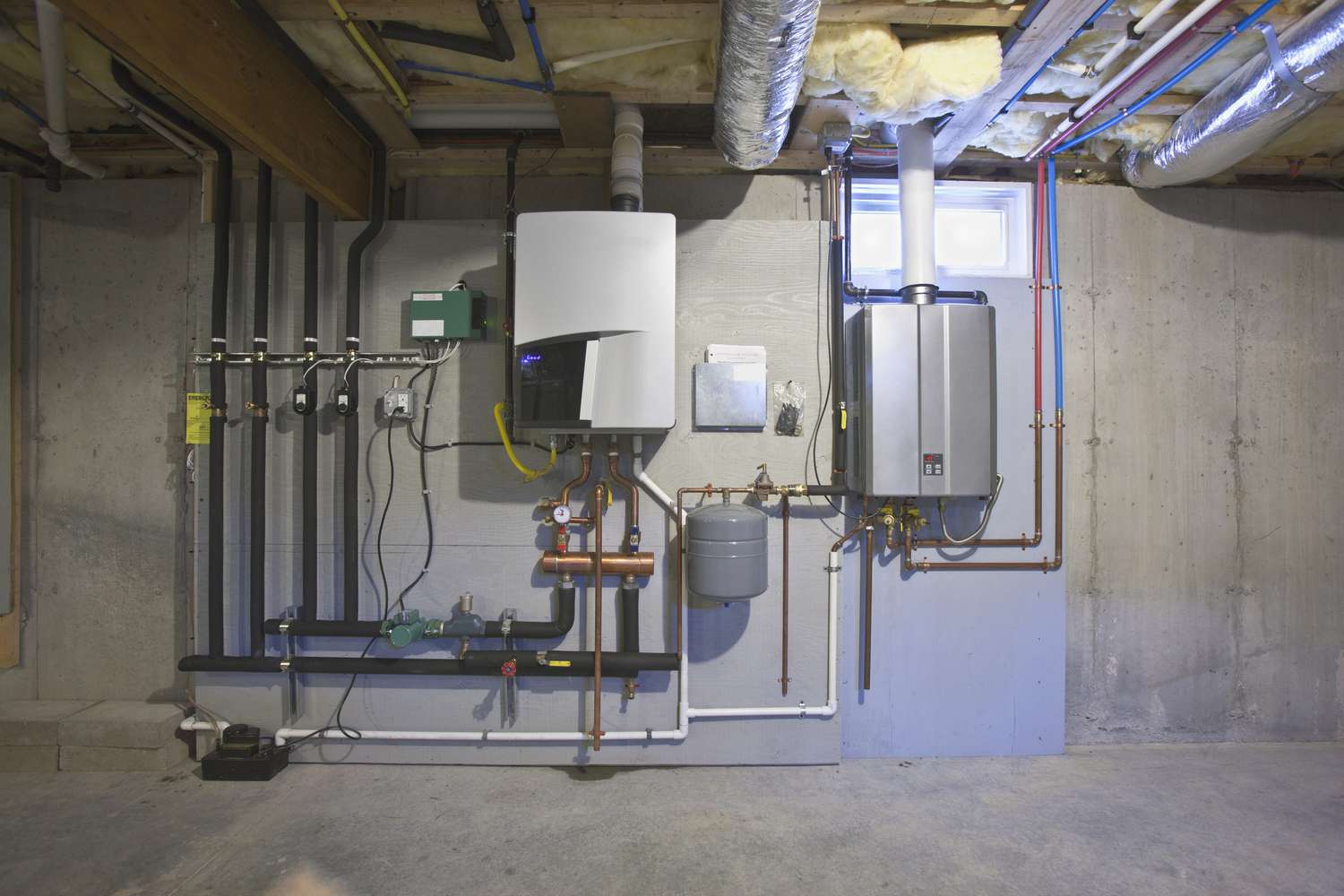
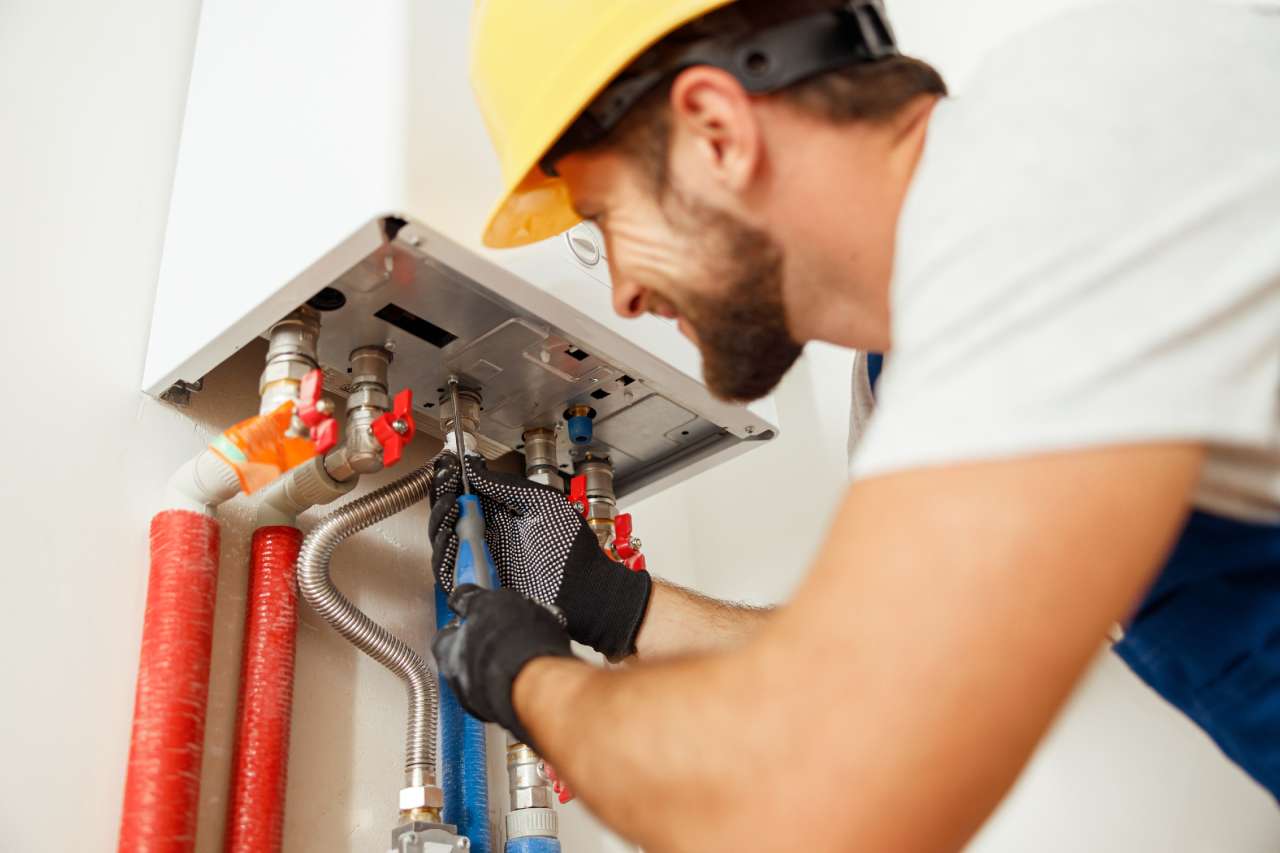
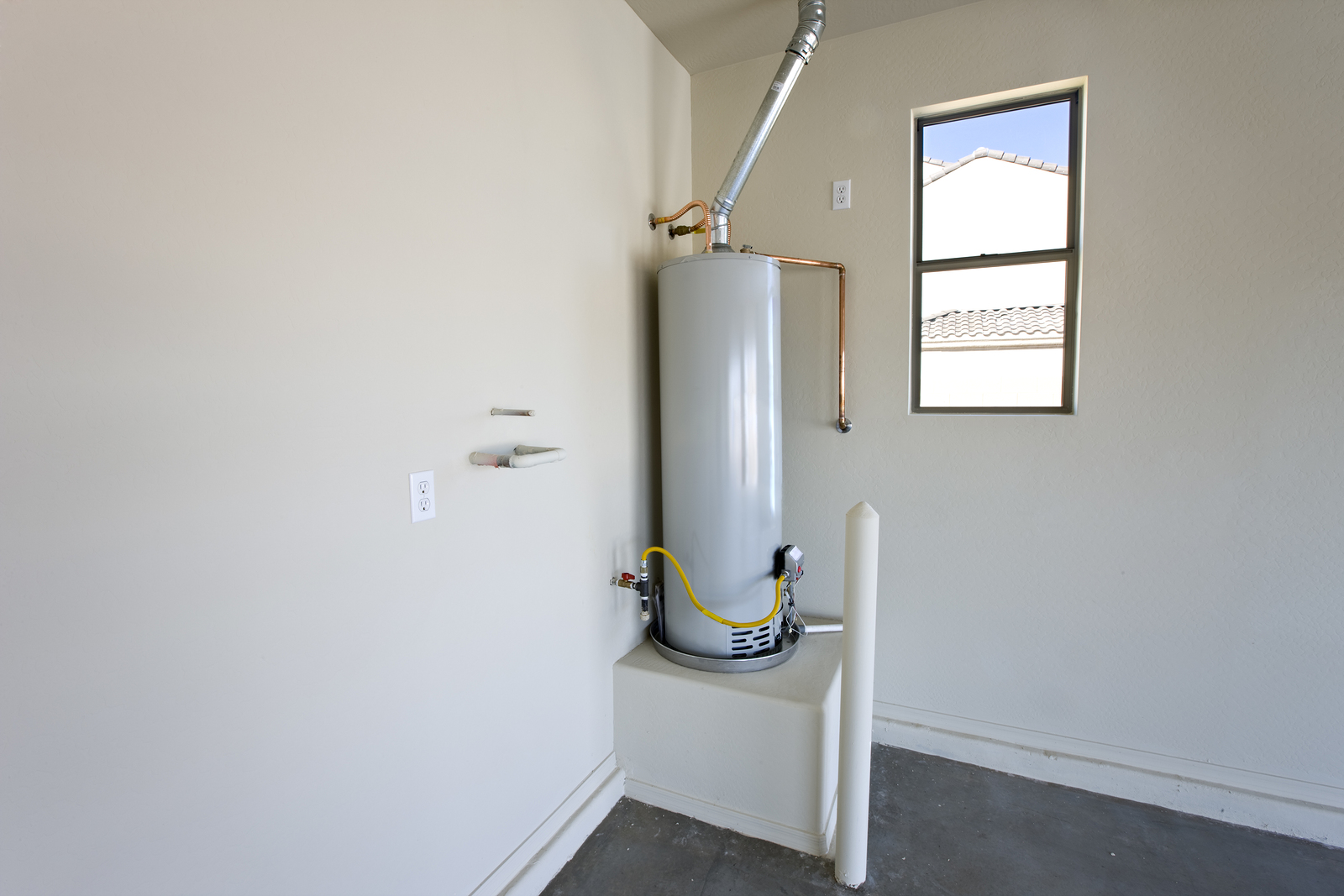
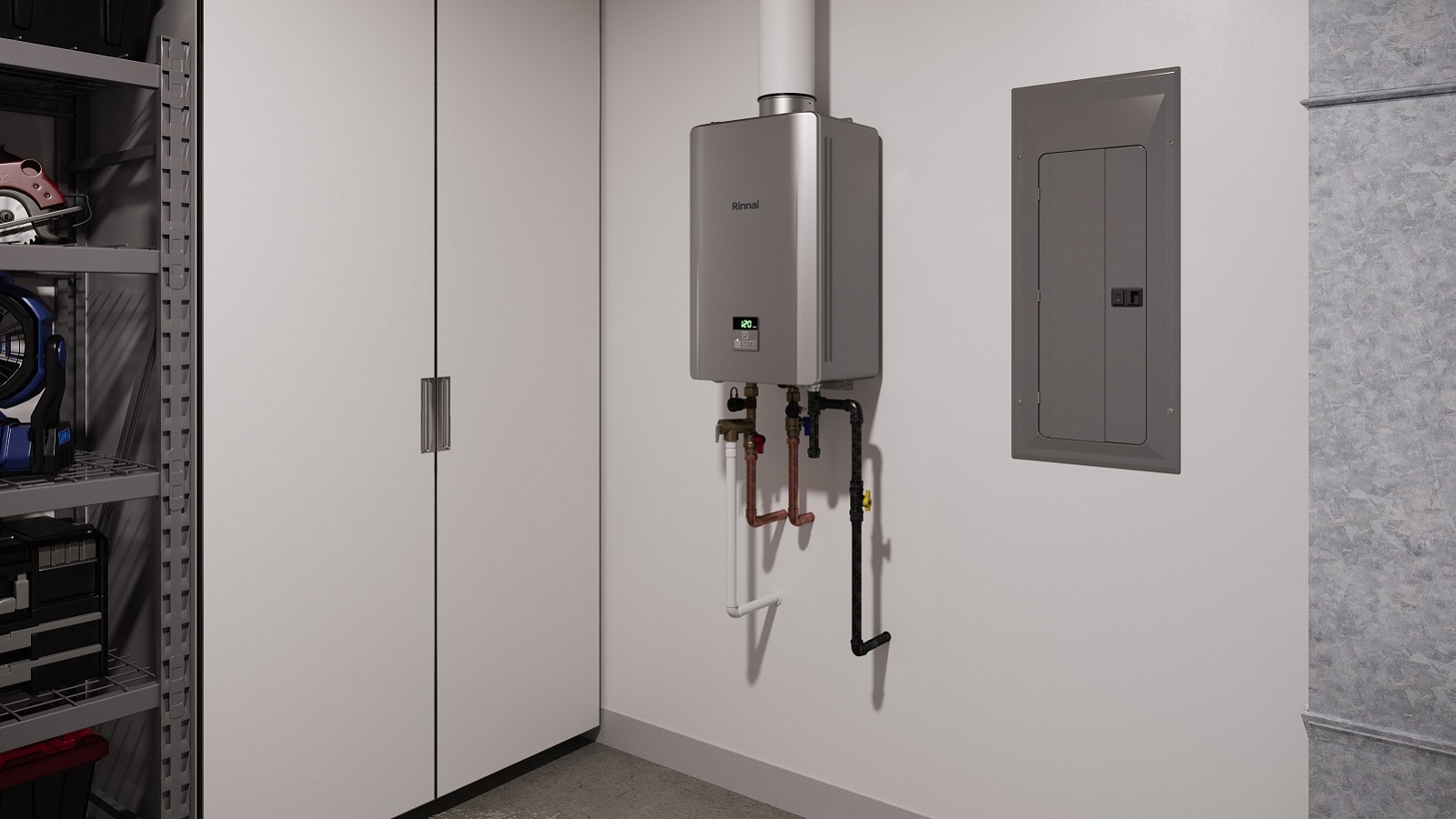
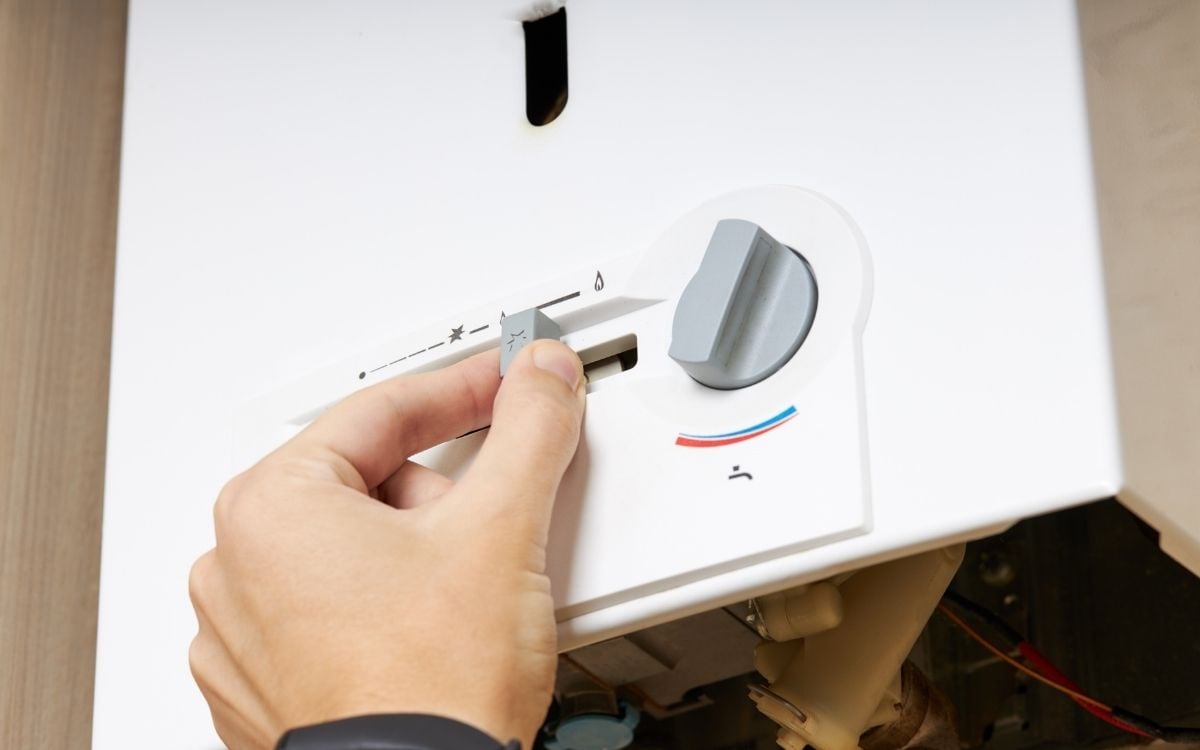
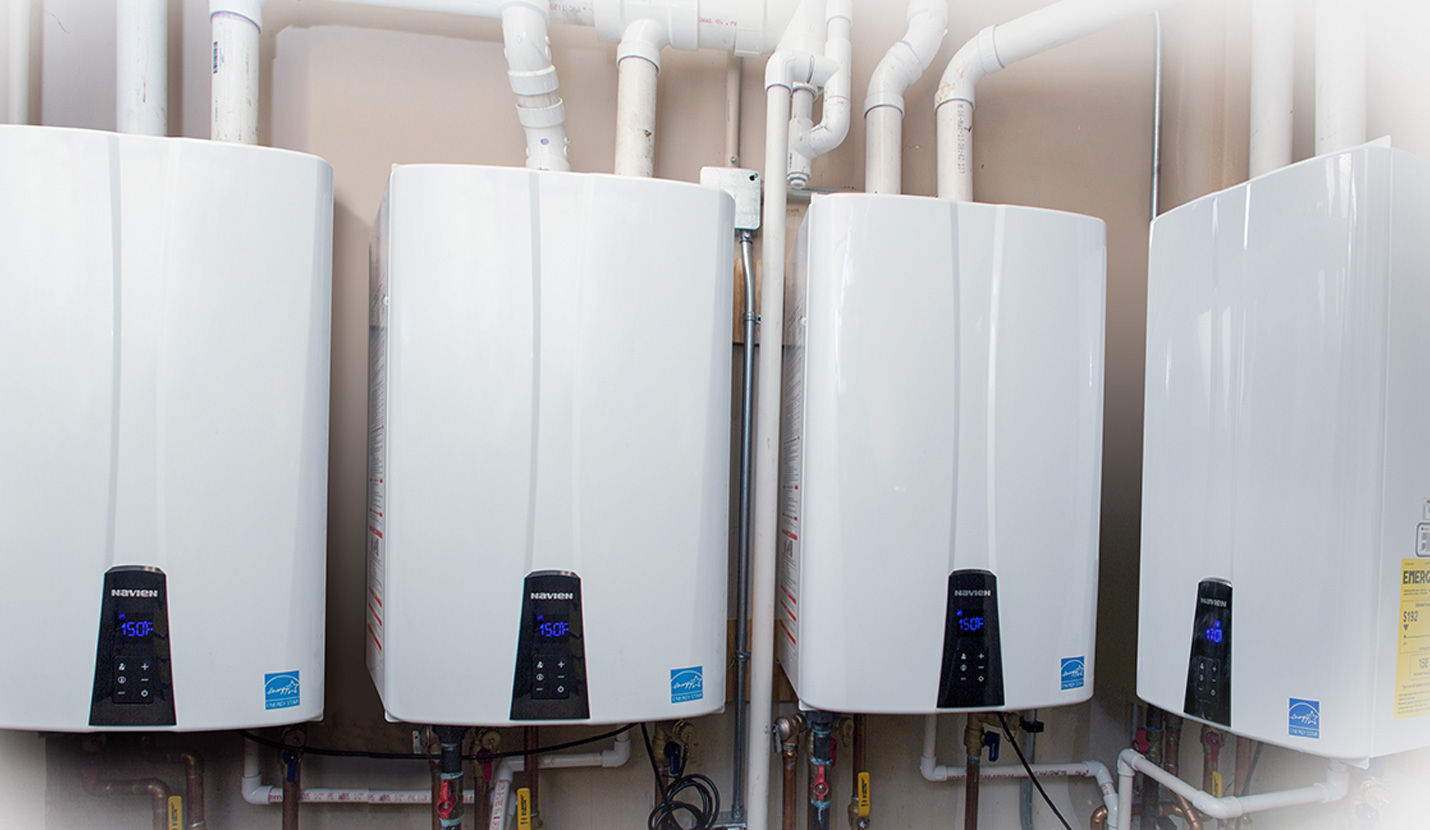
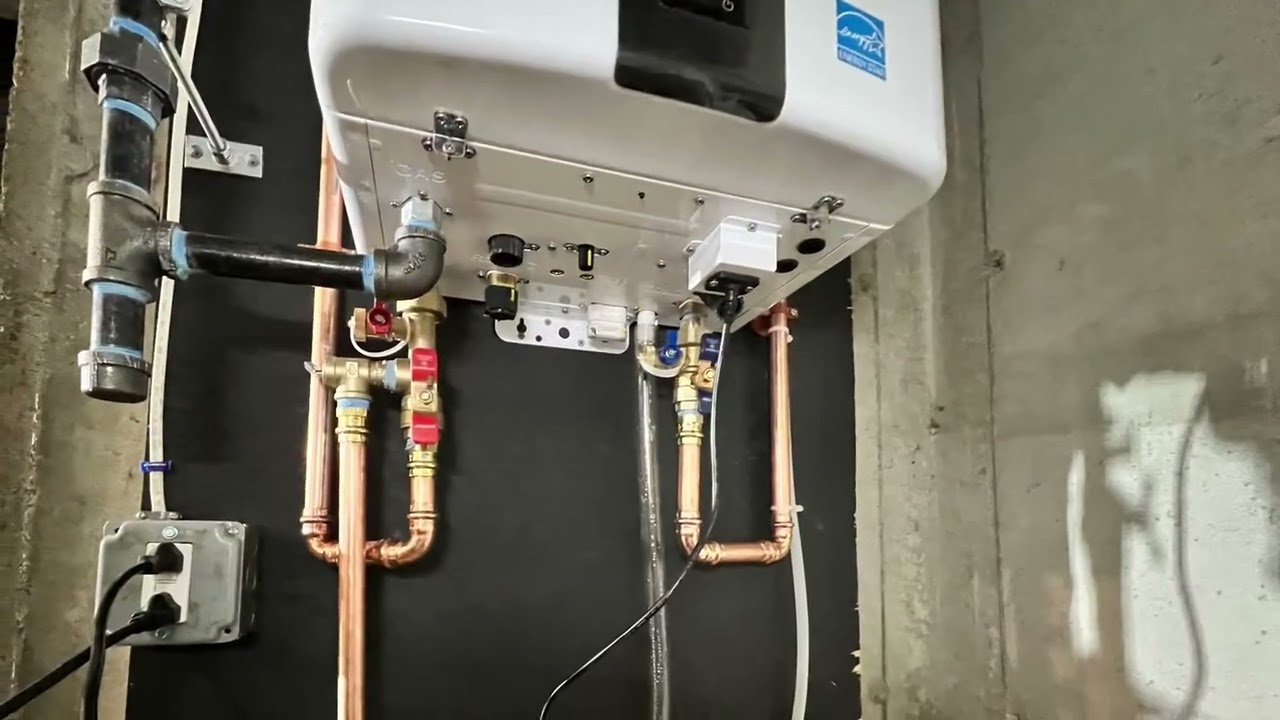
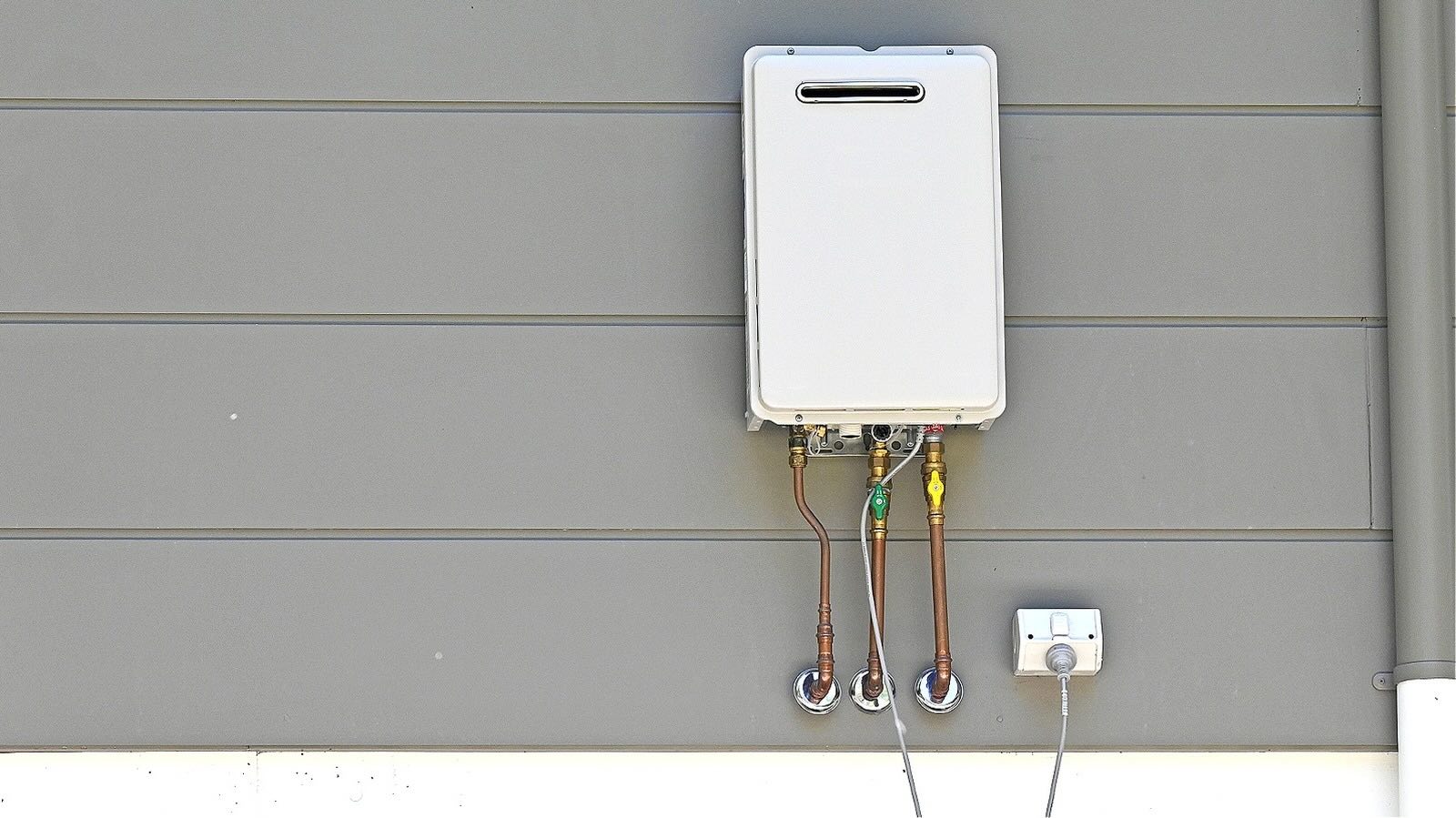
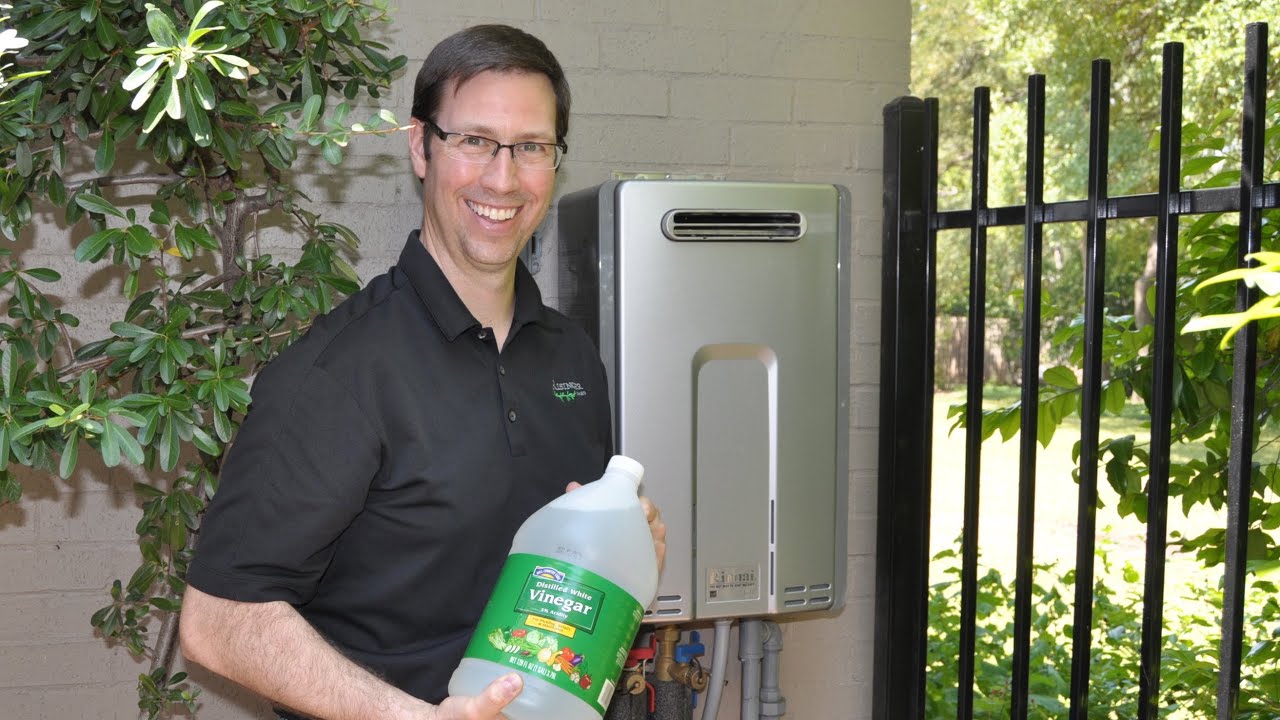
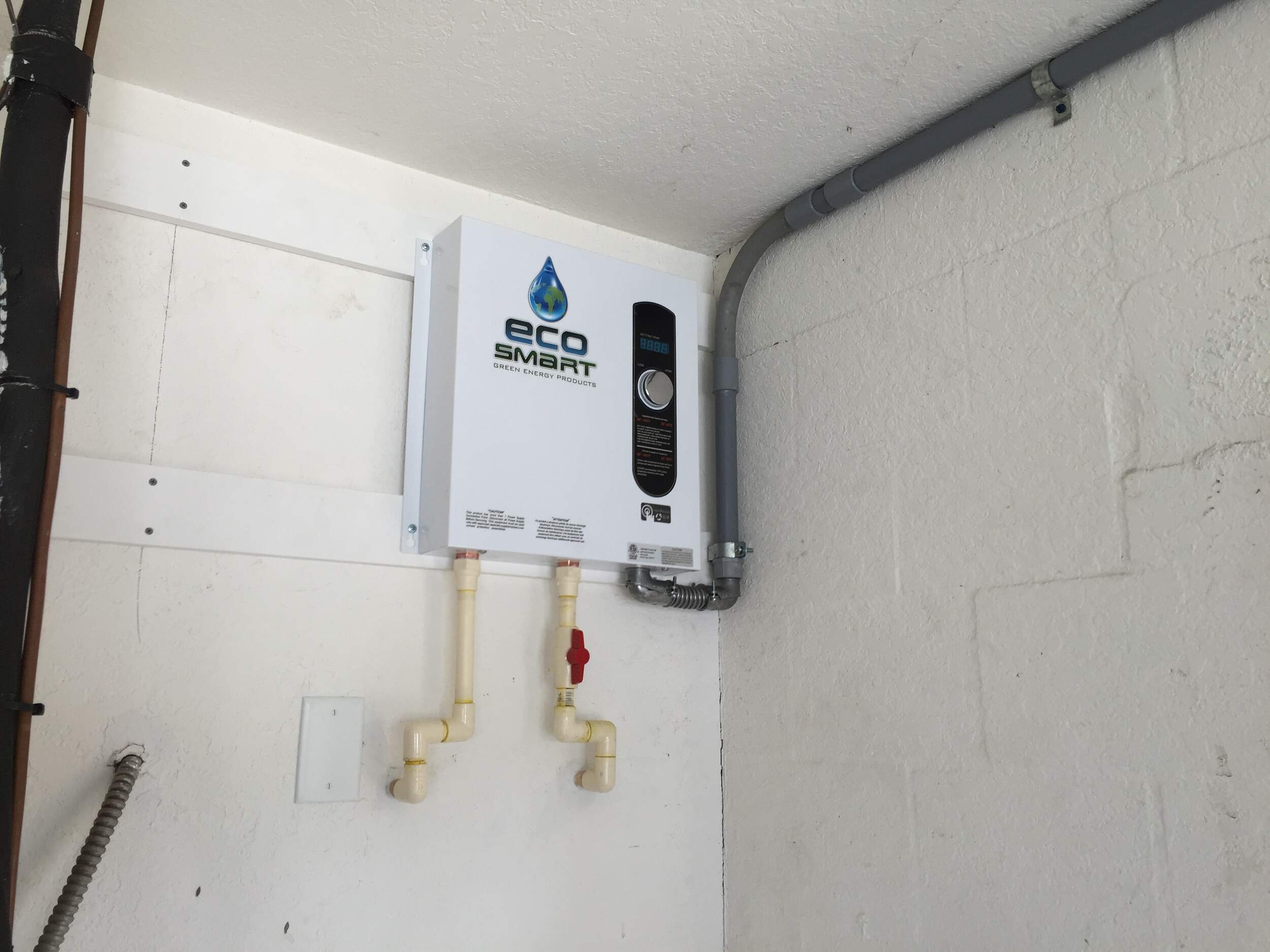
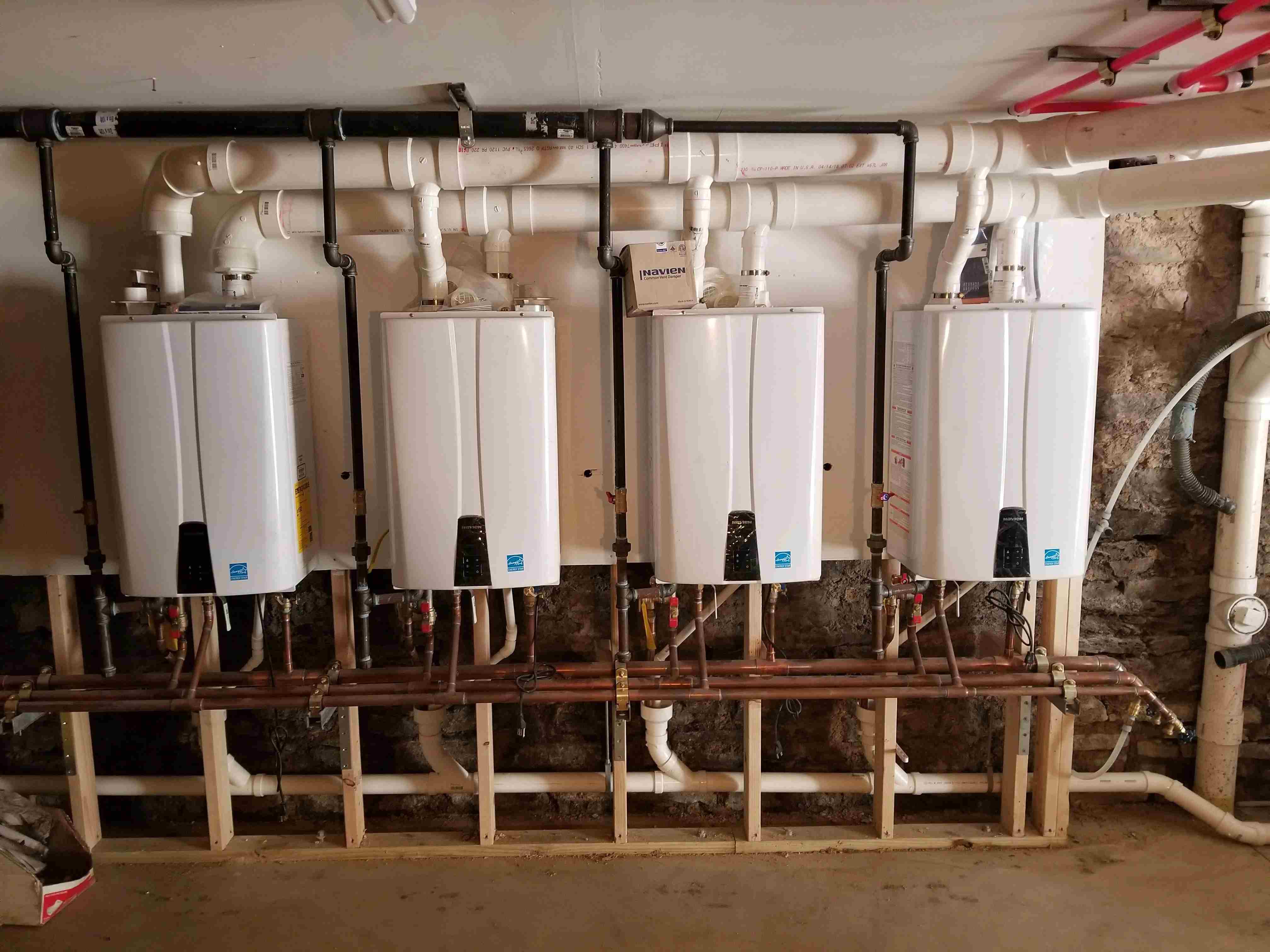
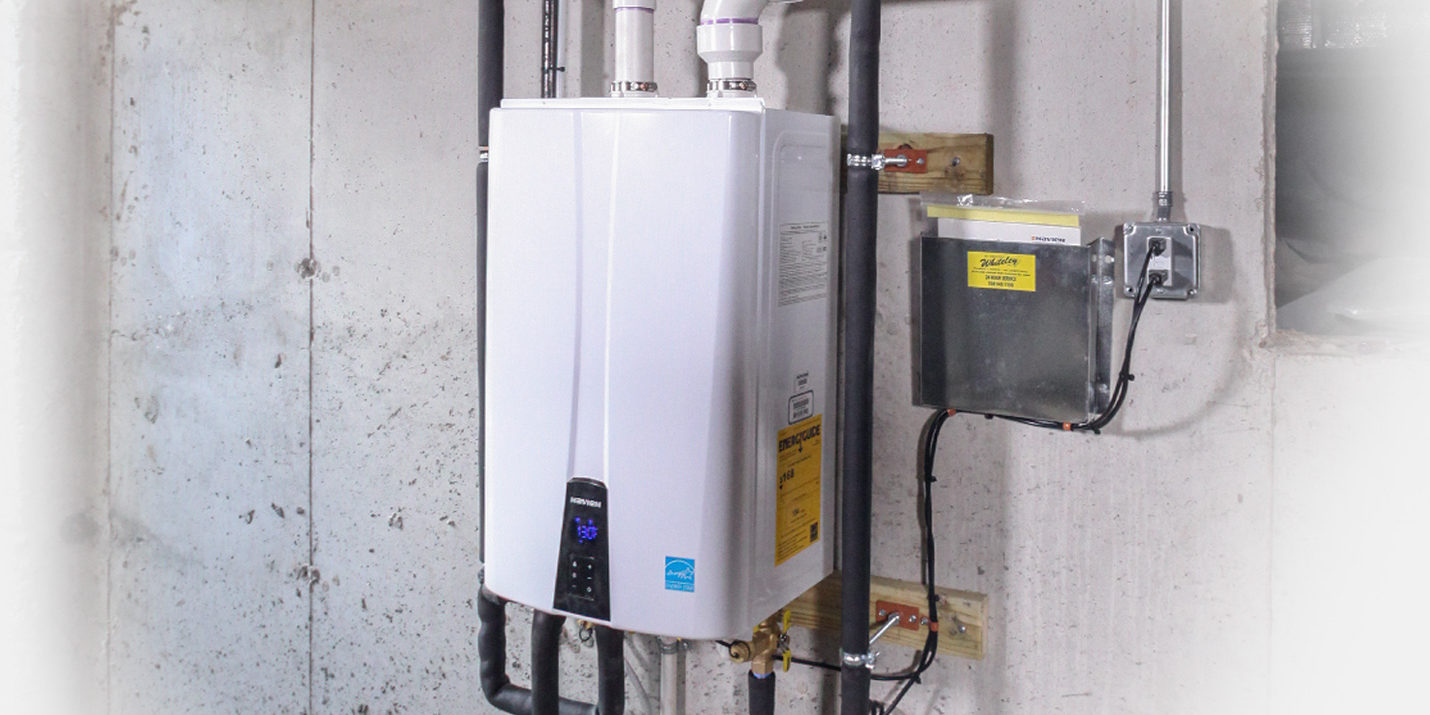
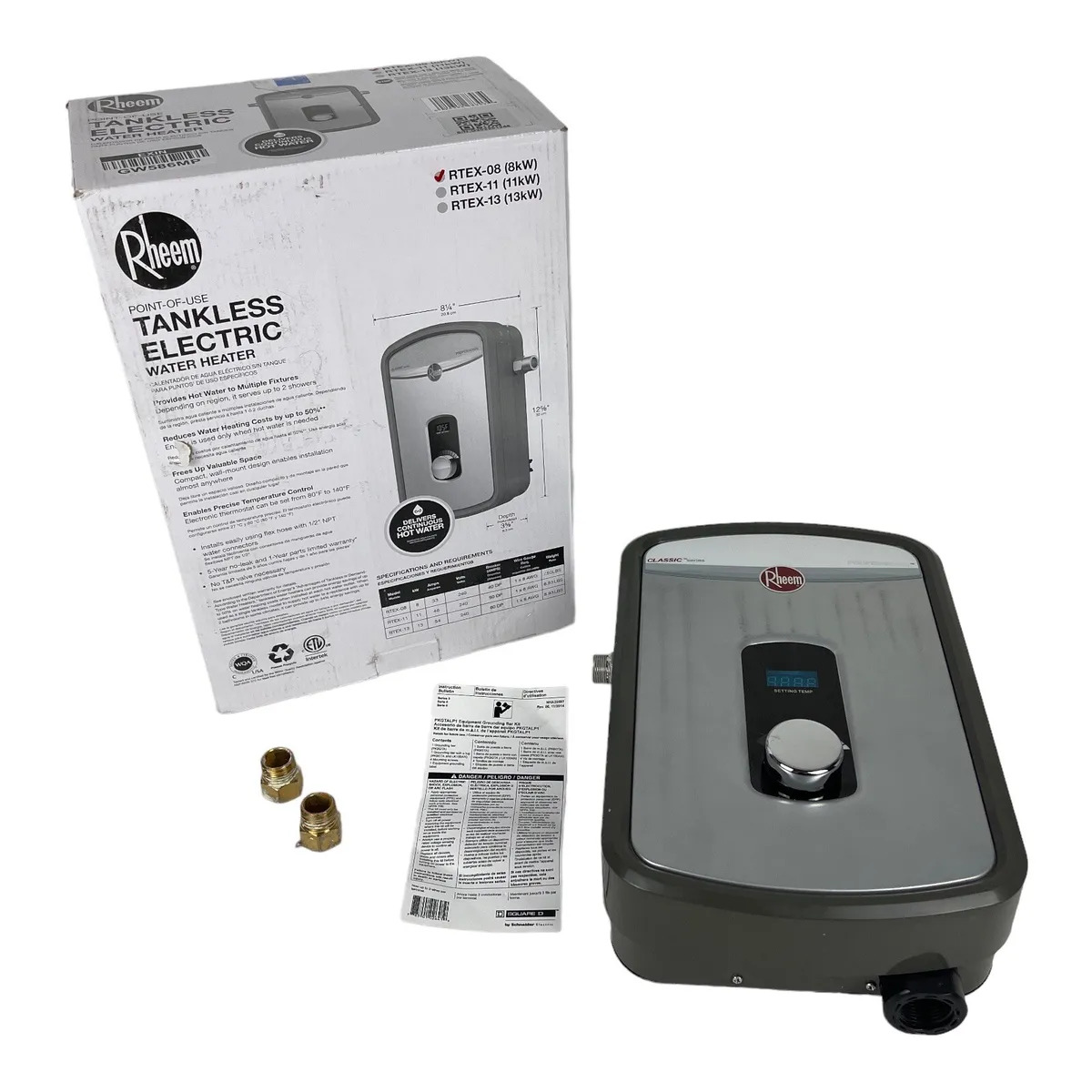
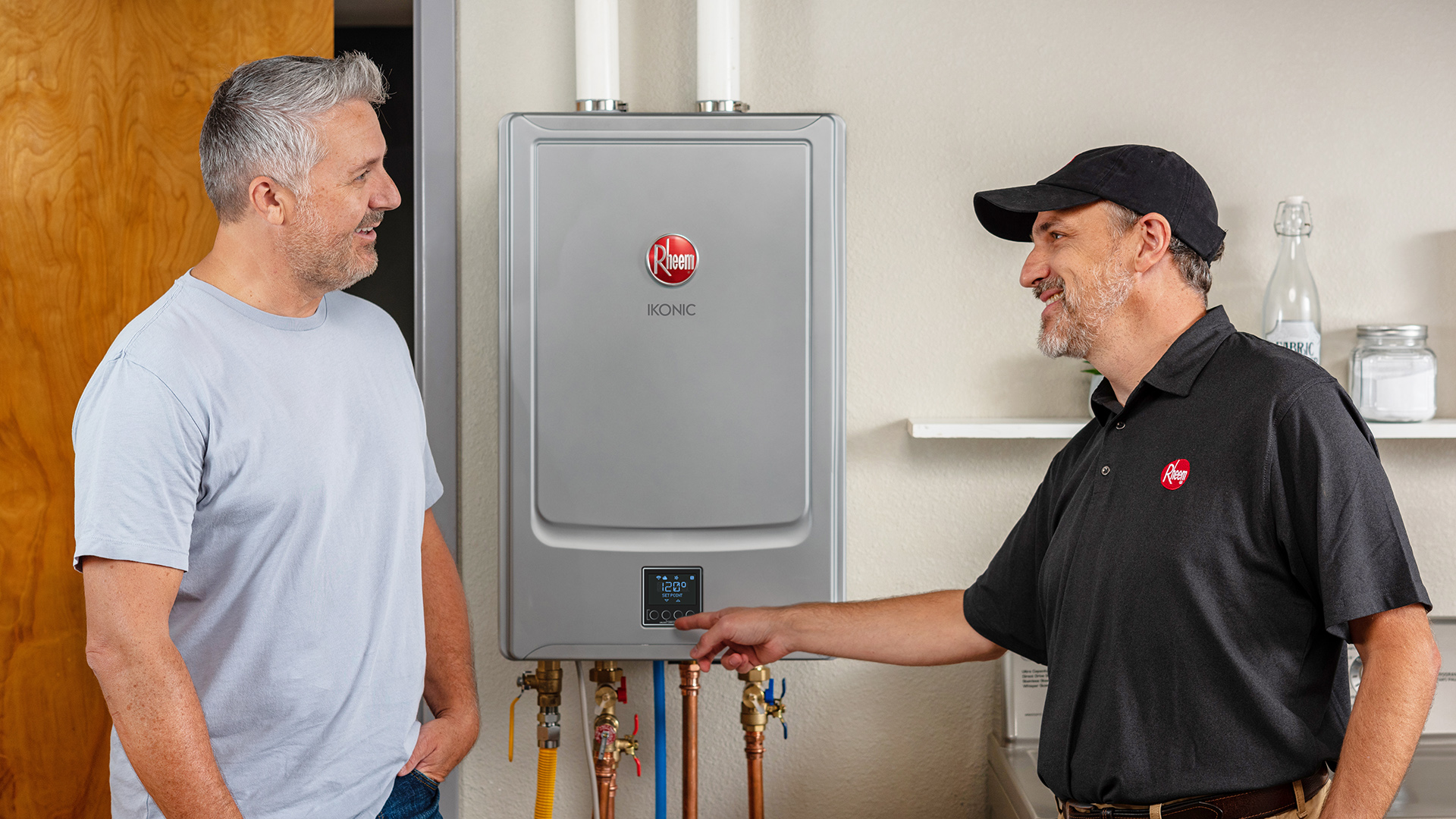

0 thoughts on “How Long Does A Tankless Water Heater Last”